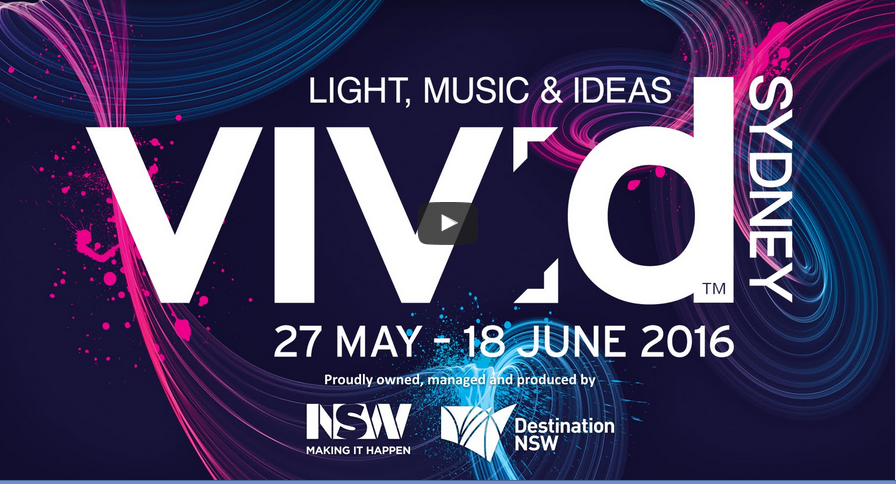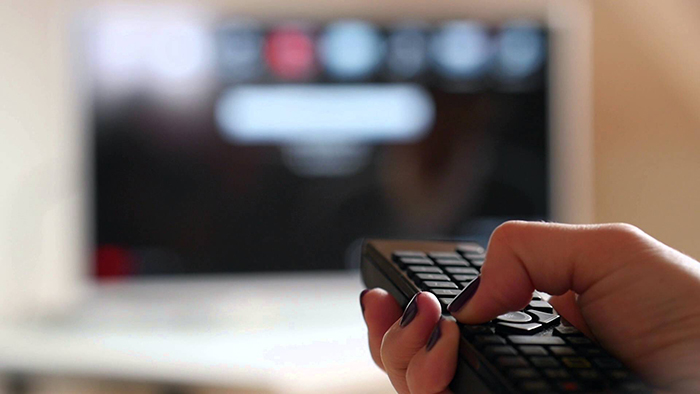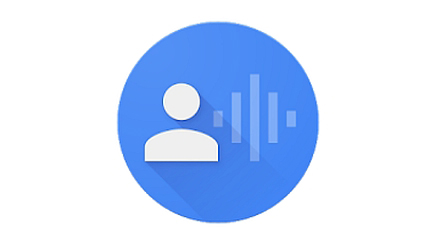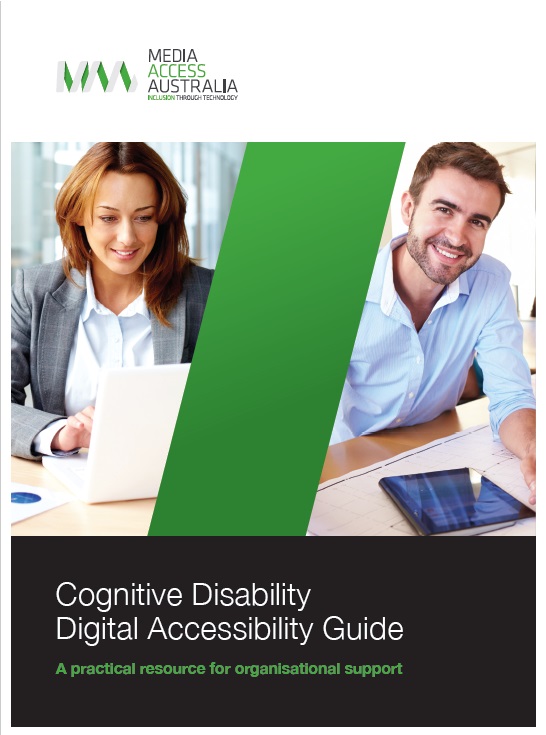Transcript of: Election websites accessibility report
Philip: I’m speaking with Dr Scott Hollier, the Digital Accessibility Director for Media Access Australia, and author of an investigation into the state of accessibility of websites related to the last federal election in 2013. Well, he’s done it again and has put the major parties, along with the Australian Electoral Commission and the ABC’s Vote Compass, under the accessibility spotlight. Scott, what is the state of play in terms of digital access this time around?
Top of page










